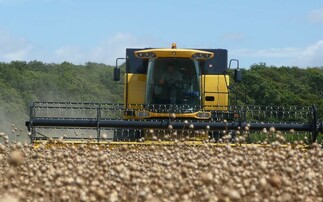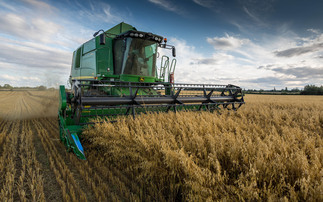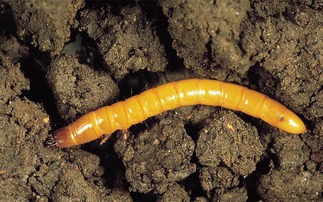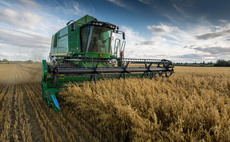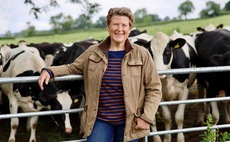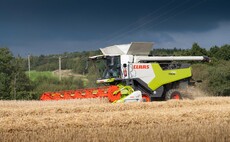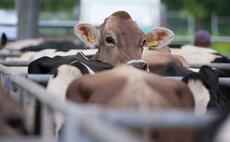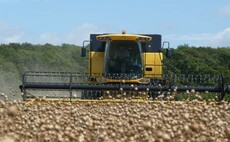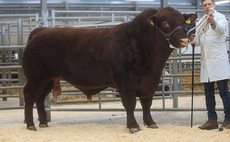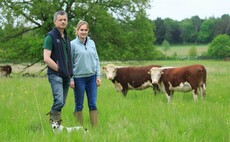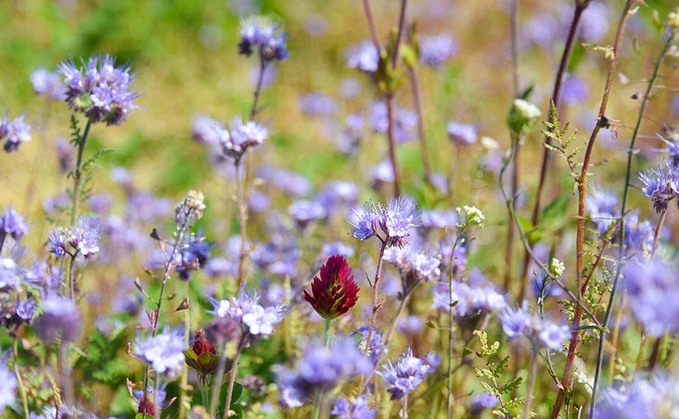
With increasing pressure on growers to reduce their reliance on chemicals, the study led by RAU Professor of sustainable agriculture, Prof Duncan Westbury, aims to investigate how wildflower alleyways in vineyards can support making greener wine and develop a resilient and sustainable approach to UK grape production.
Prof Westbury says: "Grape growers need to future-proof production by not only having a greater reliance on alternative pest and disease management strategies, but also strategies to capture and store more carbon in the soil.
 "So far, research in this area has focused on ways to maximise the quality and quantity of grapes. Now we need research which will take the industry forward with regards to its environmental sustainability."
Read more: Removal of red tape to boost UK wine industry
Natural enemies
Over the next three years, the study will look at how effective wildflower habitats can be in supporting the natural enemies of the pests attacking the grapes and how these habitats might also improve soil health as well as boost biodiversity and the overall health of the vines.
 "British growers need studies to be carried out here looking at the specific issues that we, in the UK, face. The UK currently has around 3,800 hectares of vineyards - including the RAU's own 2.6-hectare vineyard in Gloucestershire - that would directly benefit from this research," says Prof Westbury.
The study is being funded by the Perry Foundation, the University of Worcester, the Bumblebee Conservation Trust, and Everflyht Vineyard.
Listen to more: Íæż½ã½ã podcast: Ridgeview wine on a growing English wine industry








